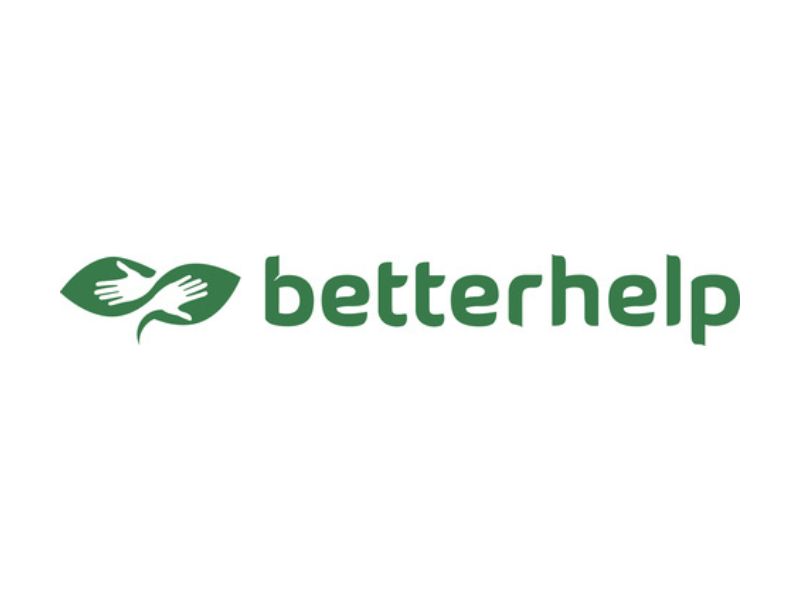BetterHelp, the world’s largest online therapy platform, has officially published the results from its first-ever State of Stigma survey, which was geared towards breaking down barriers to care and ensuring people around the world can get the support they deserve.
According to certain reports, the company took into account insights from more than 16,000 people across 23 countries to better understand the fears, beliefs, and cultural narratives that continue to prevent people, across the board, from seeking professional help.
Talk about the published results on a slightly deeper level, we begin from how nearly 3 in 4 respondents were found to agree that seeking support for mental health is wise for people to maintain well-being. However, at the same time, survey discovered that nearly 6 in 10 believe societal attitudes discourage seeking mental health care.
The ones who go ahead in terms of seeking support, they were deemed as much more likely to start with personal tools, like mindfulness, rather than professional support.
“Seeking mental health treatment is an act of bravery, and overcoming the fear of stigma is crucial for healing and well-being,” said Courtney Cope, LMFT, and Director of Clinical Operations at BetterHelp. “This report helps us better understand those dynamics, and the quiet, persistent gaps between belief, behavior and action. Our responsibility is to close that gap and make care feel not just available, but accessible.”
Another detail worth a mention is rooted in how Gen Z generation is more probable than any other generation to openly discuss mental health issues. Having said so, 37% believe those who seek counseling are “mentally weak,” compared to 27% of millennials, Gen X and Baby Boomers combined.
This data comes adjacent to the fact that Gen Z is more than twice as likely as Boomers to experience mild to moderate anxiety and almost four times as likely to experience severe anxiety. 1 in 3 of Gen Z respondents who have attended therapy also said they feel misunderstood by their therapist.
As for Gen Z respondents who haven’t tried therapy, 40% said cost remains the top barrier for them.
Moving on, a quarter of respondents also said they’re more comfortable discussing mental health online than with a therapist. On a separate note, people who spend 4+ hours a day on social media emerged as significantly more likely, as compared to those who abstain, to believe mental health care doesn’t improve well-being, (47%), say therapy rarely solves personal problems (42%), and feel judged for seeking help (47%).
Among other things, we ought to mention how 63% of parents of young children (under 18) say it’s smart to seek help even when nothing’s wrong, and 43% are open to digital therapy. Despite that being the case, though, more than a third (34%) still see people who seek help as “different” in a negative way.
Rounding up highlights would be a piece of data claiming higher engagement with mental health services has, thus far, failed to address barriers which underrepresented groups face. These barriers include transportation issues, limited provider access, and cost, each one making it challenging to obtain adequate mental health support.
“BetterHelp exists to champion the well-being in all of us, and we envision a world where nothing stands between people and the support they need,” said Fernando Madeira, president of BetterHelp. “While awareness of mental health issues has never been higher, we’re seeing stigma and lack of access still prevent millions from getting the care they deserve. The State of Stigma report is a critical first step in driving change. It not only shows the challenges we’re up against, but charts a path forward for how we can overcome the biggest barriers preventing people from getting care.”



















